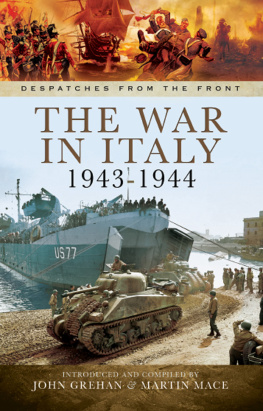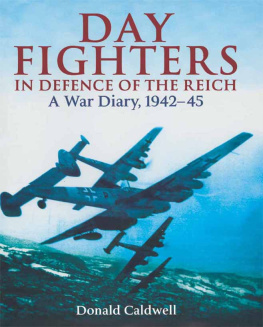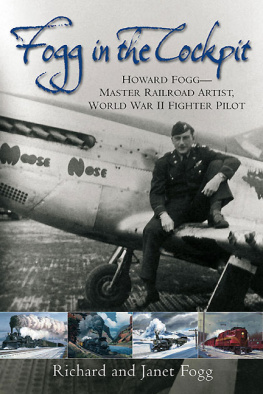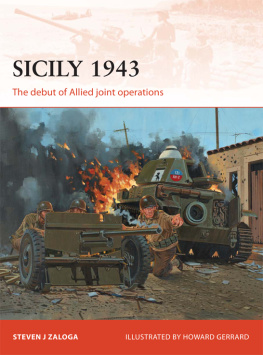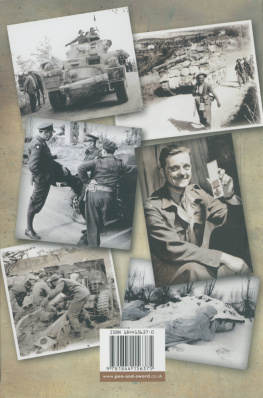
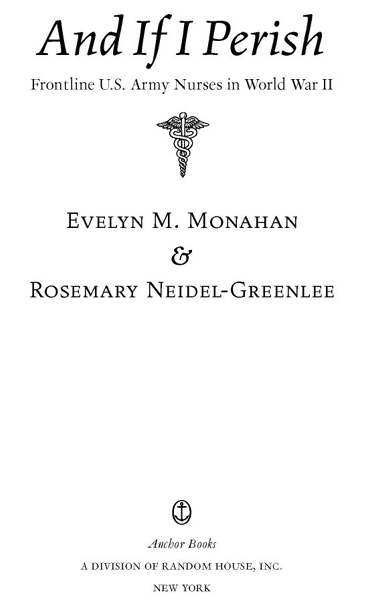
Table of Contents
To all the women of the Greatest Generation
I will go... and if I perish, I perish.
The Book of Esther, 4:16
Acclaim for Evelyn M. Monahan and Rosemary Neidel-Greenlees
And If I Perish
An extremely valuable addition to the historical perspective of nursing.... I felt as if I were there; I could smell the canvas of the tents and I could feel the scorching heat and the bitter cold.... The writer made the nurses and their stories come alive.... Quite simply, the entire book [is] outstanding.
Lt. Col. Mary S. Nelson, USAF, NC, Military Medicine
A laudatory account of the plucky American womennearly 60,000 of themwho served in and near combat zones in the Mediterranean and European theaters of war from 1942 to 1945.... A nice tribute.
KirkusReviews
This compelling book tells the moving stories of World War II heroines who were never recognized, the nurses of the U.S. Army Nurse Corps. They were courageous, tireless, and committed to serving on the front lines of the war. They saved and rebuilt lives, and they gave many of usincluding myselfa most valuable gift: hope.
Senator Daniel K. Inouye, Medal of Honor recipient
From the onset of the North African campaign until the conquest of Germany, the nurses of the U.S. Army Corps endured the same hardships, danger, overwhelming sacrifices, and risk to life as the soldiers they were destined to save. Heroines all, their story begs to be told.
Adm. Frances Shea Buckley, former Director, U.S. Navy Nurse Corps
I could not put this book down. The untold story of these brave young women who sacrificed their health and safety to care for the wounded during the many battles of World War II is inspiring. It is a marvelous portrayal of nursing at its best.
Col. Elizabeth P. Finn, U.S. Army Nurse Corps (retired)
A powerful account.... The stress of working in a hostile environment challenged them physically, mentally, emotionally, and clinically. Yet they never wavered from their duties. They served despite the fact they were not accorded equality with their comrades.
Brig. Gen. Connie L. Slewitzke, U.S. Army, former Director, U.S. Army Nurse Corps (retired)
A priceless contribution to the rich legacy of army nurses. A master-piece, this book pulls no punches as the authors graphically paint a picture of hardship, horror, pain, death, and unbelievable dedication to duty.
Maj. Debora Cox, former U.S. Army Nurse Corps Historian

Prologue
Manila, Philippine Islands
Feb.19, 1941
Dear Mother,
They are sending the Army dependents back to the States, which is as itshould be, in case anything happens over here. We will have enough to takecare of but there are lots of rumorsof course things look hideous, however, Im not worryingwhich would only impair my mind at present, andwe have to be on the job....
I have the colonels Masonic ring. We never discuss war, as he will notlisten to it, and doesnt want me to cross bridges before we get to them, butunderneath I know why he gave me the ring. Any Mason who saw the ringwould give me a hand in case I needed emergency help. I am to wear it allthe time I am in Manila. Let me know if you are getting my letters. I neverknow when they will get to you, as mines are planted all around us, so thatthe Japs [sic] cant get into Manila Bay.
Dont worry. I dont as it cant be changed. Maybe things will turnout. You be sure to collect my insurance if I dont get back. I am in goodhealth so far, and in good frame of mind.
Love,
Frances
P.S. Keep personal some things I tell you about the Army. There are plenty of spies here.
When Lieutenant Frances L. Nash took the oath of service in the U.S. Army Nurse Corps on 14 November 1935, there were fewer than 600 U.S. Army nurses on active duty. Seven years later, when she was taken prisoner by the Japanese in the Philippines on 6 May 1942, more than 12,000 women army nurses would be on active duty. All told, by the wars end, 59,000 army nurses would volunteer to serve in World War II. But on that cold November day in 1935 when Nash became an army nurse, she was one of a relatively small number of women who were taking what we now recognize as a major pioneering step for women in the nursing profession and in the military as well.
Frances Nash was typical of the women who volunteered to enter the Army Nurse Corps in the 1930s and 1940s: she was adventurous, independent, and self-reliant. A feisty, Georgia farm girl, Frances had made up her mind early in childhood to be a nurse, and before she had even finished high school, she applied for admission to Grady Memorial Hospital School of Nursing in Atlanta. After high school graduation in 1929, Frances was off to The Gradys, as Atlanta residents referred to the hospital at the time. She received her nursing diploma in 1932, then stayed on at Grady Memorial as a surgical nurse until she joined the Army Nurse Corps in 1935.
Unfortunately for any young woman considering nursing as a vocation in America during the 1920s and 1930s, prevailing public opinion held that women of good character did not become nurses. Women had served as nurses in every war in the nations history to that pointfrom the American Revolution through the Civil War to World War I. Florence Nightingale had done excellent nursing work for the British army during the Crimean War in 1855. Yet most Americans believed that nursing was an unsuitable and somewhat suspect profession for young unmarried women. In her book From Nightingale to Eagle, Major Edith A. Aynes remembered her mothers response when, in 1928, Edith informed her that she wanted to become a nurse. After telling her daughter that nurses were not decent, and that she would not be able to hold her head up if her daughter became a nurse, Mrs. Aynes stated that Nursing was emptying bedpans and doing other disgusting things for people.1
Not only was nursing considered demeaning physical labor for a young woman, it was also considered a profession that required unwholesome mingling of the sexes. In the American society of the day, which was very closed regarding sexuality, the majority of citizens believed that a vocation that often required unmarried women to provide care that could involve exposure to the male genitalia was no place for innocent young women fresh out of high school. In a society with such attitudes, women with knowledge of male sex organs were considered aberrantunfit for marriage and motherhood. Even married women did not discuss sexual matters with unmarried female friends or family, and were lucky to have a married friend with whom to broach the subject.
The undesirability of the vocation was heightened by the fact that nursing often involved rendering personal care and treatment to men and women suffering from taboo illnesses such as venereal disease that were simply not mentioned in polite society. Normal body functions were considered improper topics for conversation with anyone who was not ones personal physician. Thus, a young womans innocence depended on things she did not do or discuss as well as on things of which she had no knowledge. Unmarried women with knowledge of male anatomy, the sexual nature of marital relations, or venereal diseases were automatically suspect in an atmosphere that treated such topics with the utmost secrecy and reluctance. Knowing of these sinful matters was itself proof of indecency.
Next page


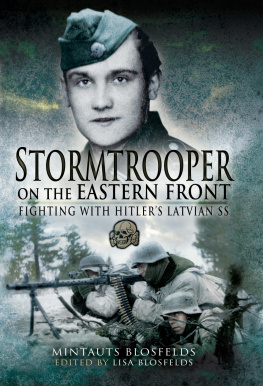
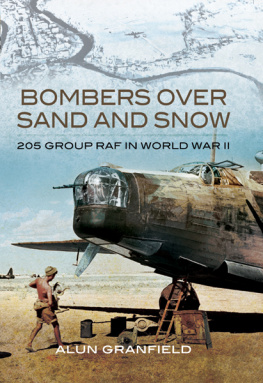
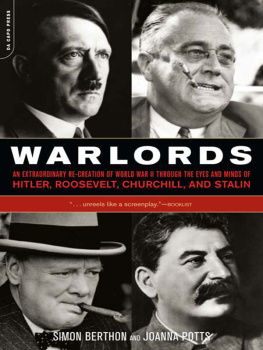

![Atkinson - An army at dawn: [the war in North Africa, 1942-1943]](/uploads/posts/book/178818/thumbs/atkinson-an-army-at-dawn-the-war-in-north.jpg)
